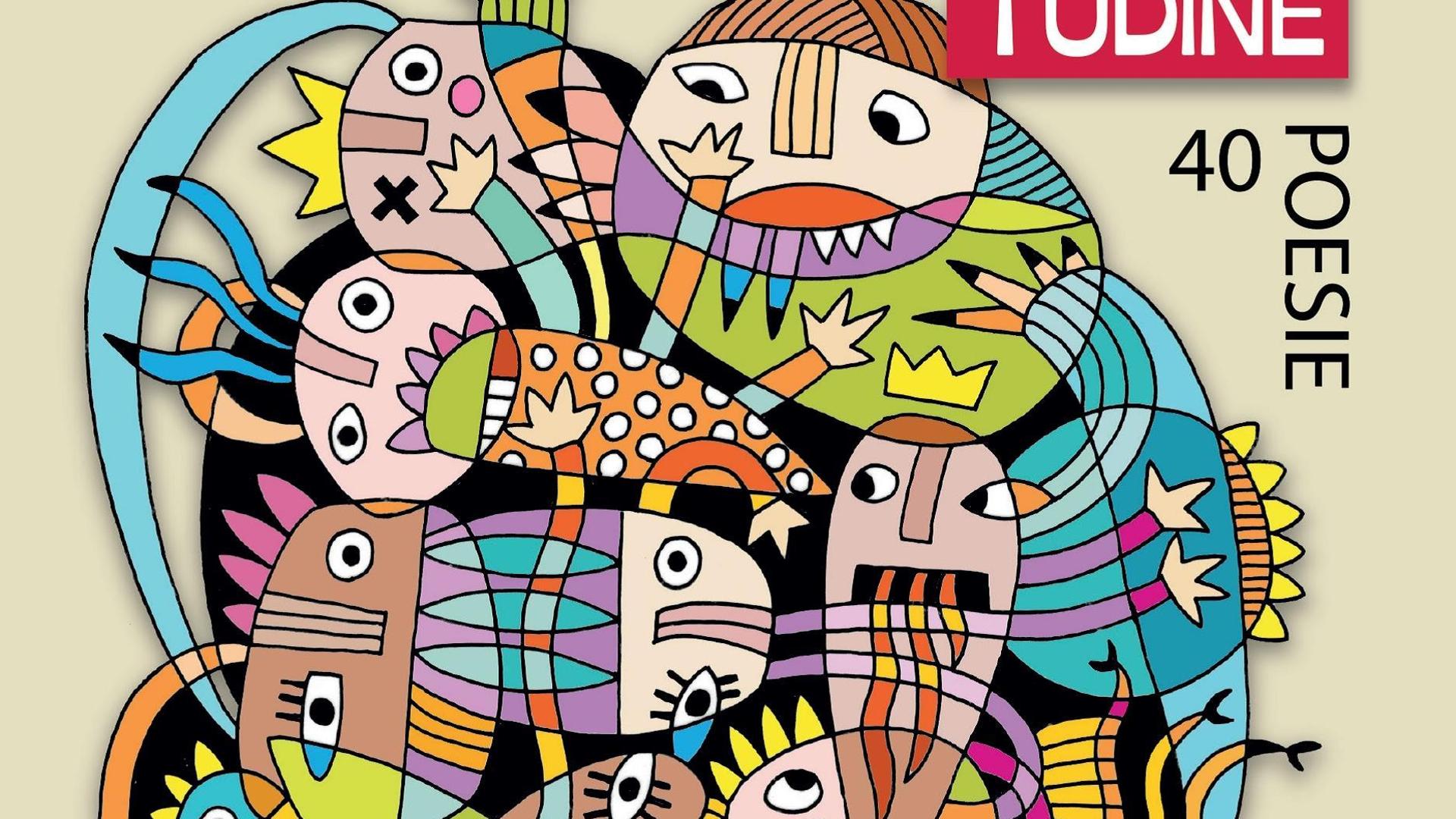
Poetry About Roots: Delving into the Heart of Ancestry
Poetry, an art form that weaves words into tapestries of meaning, has long been a conduit for exploring our roots. From the lyrical verses of ancient griots to the contemporary musings of modern poets, the theme of ancestry has resonated throughout the annals of literature.
Ancestral Whispers: A Tapestry of Poetic Styles
Poetry about roots can manifest in various writing styles, each capturing a unique aspect of the ancestral experience.
- Narrative Poetry: This style recounts stories of lineage, family history, and cultural heritage, weaving together a rich tapestry of past and present.
- Lyrical Poetry: With its emphasis on emotion and imagery, lyrical poetry evokes the visceral connection to one’s roots, stirring memories and longings.
- Confessional Poetry: Through personal introspection, confessional poetry delves into the raw and intimate emotions surrounding ancestry and identity.
- Experimental Poetry: Breaking conventional forms and structures, experimental poetry explores the complexities of root-seeking in unconventional ways.
Roots in Rhythm: A Symphony of Verses
Verse 1
In the labyrinthine corridors of time,
Where echoes of ancestors dance in rhyme,
Poetry unfurls a scroll of lineage,
A symphony of whispers, an ancestral lineage.
Verse 2
Through the veins of words, bloodlines intertwine,
Whispering tales of triumphs and decline,
Each stanza a testament to the past,
A living library where histories amass.
Verse 3
In the soil of memory, roots deep and wide,
Nurture the tree of identity, its branches swaying with pride,
Leaves of lineage rustling in the wind,
Whispering secrets of the ancestors’ kin.
Verse 4
With each brushstroke of verse, a portrait unfurls,
Of faces long forgotten, their spirits in swirls,
Poetry becomes a mirror, reflecting their grace,
Guiding us through paths where time has no trace.
How to Compose Poetry About Roots
Crafting poetry about roots requires delving into one’s ancestral past and personal experiences. Here are some tips:
- Trace your lineage: Explore family trees, histories, and personal stories to gain a deeper understanding of your roots.
- Reflect on your experiences: Examine your own experiences and how they have shaped your sense of ancestry.
- Employ evocative language: Use vivid imagery, sensory details, and metaphors to bring your ancestral connections to life.
- Experiment with form: Don’t be bound by conventional structures. Experiment with different poetic forms to find the one that best resonates with your message.
Reading Good Poetry: A Guide to Appreciation
To fully appreciate poetry about roots, consider the following:
- Contextualize the poem: Understand the historical and cultural background of the poem to enrich your interpretation.
- Analyze the language: Pay attention to the choice of words, imagery, and rhythm to discern the poet’s intent.
- Consider the emotional impact: The poem’s ability to evoke emotions is a testament to its power.
- Seek out multiple perspectives: Discuss the poem with others to gain different viewpoints and broaden your understanding.
Questions and Answers
- What is the main purpose of poetry about roots? To explore and celebrate the ancestral connections that shape our identities.
- Why is it important to learn about our roots? Understanding our roots provides a sense of belonging and a deeper appreciation for the complexities of human history.
Conclusion
Poetry about roots is a profound testament to the human experience, connecting us to our past, present, and future. By embracing the diverse styles of this genre, we honor our ancestors and gain a deeper understanding of ourselves. As we delve into the written word, may we always remember the words of the poet:
"In the labyrinth of roots, where stories reside,
Poetry reveals the secrets, where truth lies inside."
A Note of Appreciation
Thank you for taking the time to engage with this article. I urge you to respect the intellectual property of others and avoid plagiarism. If you find value in this work, please consider giving credit to the original author. By fostering a culture of sharing and attribution, we can continue to enrich the world with the transformative power of poetry.
